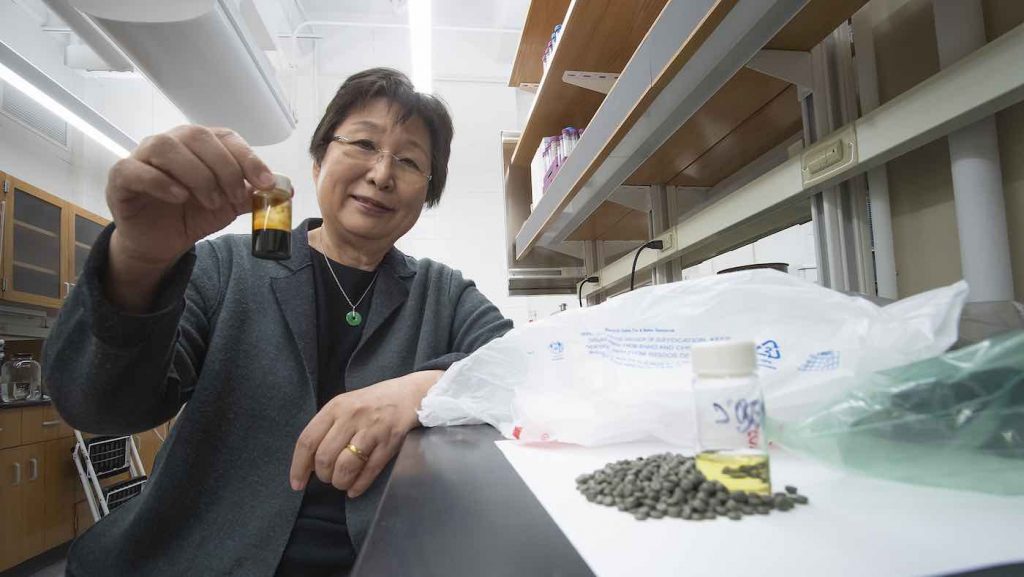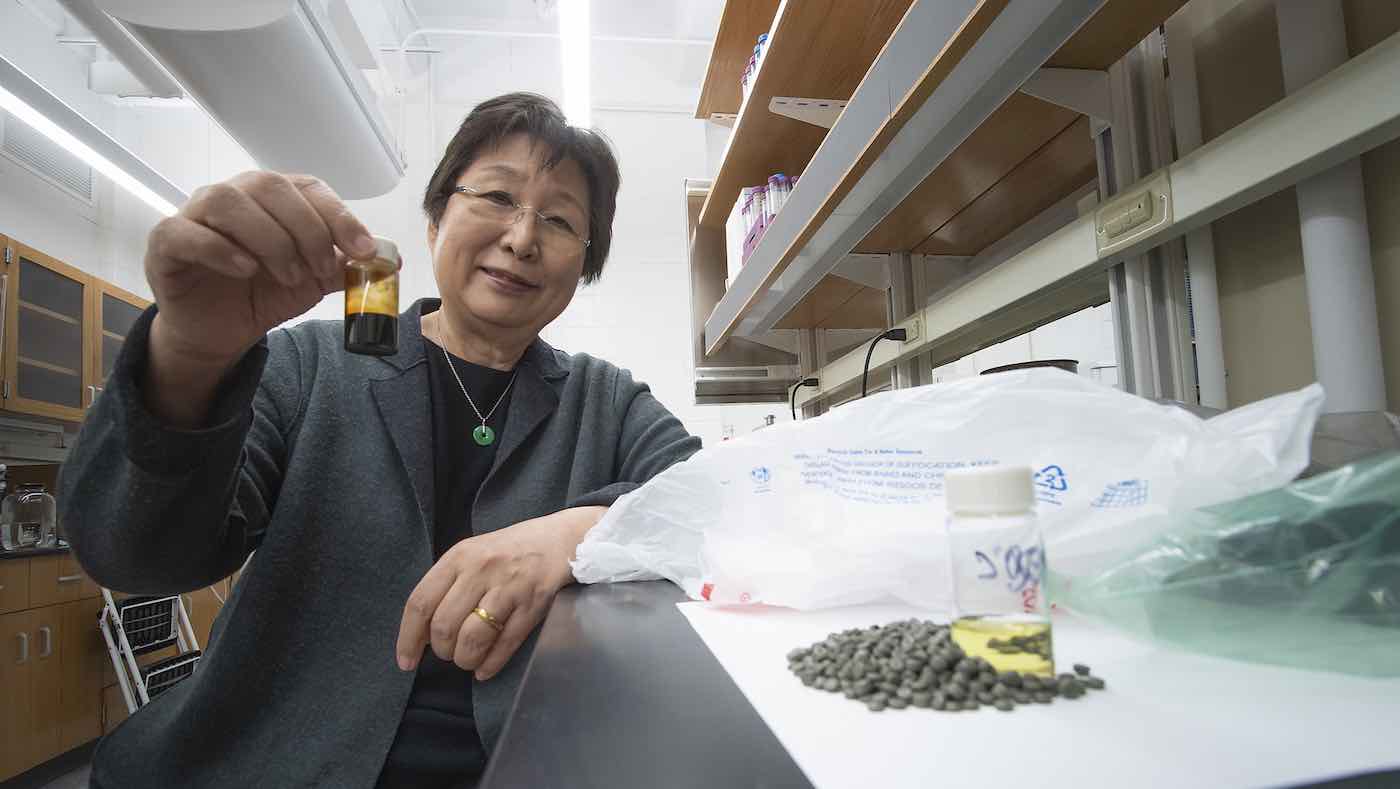
The United Nations estimates that more than 8 million tons of plastics flow into the oceans each year – but researchers have now discovered a new chemical conversion process that could transform the world’s waste into a whole new source of useful products and clean fuels.
The technology, which was developed at Purdue University, can convert more than 90% of polypropylene waste – a type of plastic that is commonly used for packaging and toys – into high-quality gasoline and diesel fuels in a matter of hours.
The conversion process uses selective extraction and hydrothermal liquefaction to turn the plastic into naphtha, a kind of flammable oil that can then be used as a feedstock for other chemicals or further separated into specialty solvents or other products.
The clean fuels derived from the plastic waste generated each year could satisfy 4% of the annual demand for gasoline or diesel fuels.
“Our strategy is to create a driving force for recycling by converting polyolefin waste into a wide range of valuable products, including polymers, naphtha, or clean fuels,” said Linda Wang, a professor for chemical engineering at Purdue University and leader of the research team developing the technology. “Our conversion technology has the potential to boost the profits of the recycling industry and shrink the world’s plastic waste stock.”
Some results of Wang’s study were published in ACS Sustainable Chemistry and Engineering last month.
Wang became inspired to create this technology after reading about the plastic waste pollution of the oceans, ground water, and the environment. Of all the plastics produced over the past 65 years (8.3 billion tons), about 12% have been incinerated and only 9% have been recycled. The remaining 79% have gone into landfills or the oceans. The World Economic Forum predicts that by 2050, the oceans will hold more plastic waste than fish if the waste continues to be dumped into bodies of water.
MORE: LEGO Bricks on Sale Now Are Plant-based Instead of Plastic
“Plastic waste disposal, whether recycled or thrown away, does not mean the end of the story,” Wang said. “These plastics degrade slowly and release toxic microplastics and chemicals into the land and the water. This is a catastrophe, because once these pollutants are in the oceans, they are impossible to retrieve completely.”
Wang hopes that the financial benefits of using her patented technology will stimulate the recycling industry to reduce the rapidly rising amount of plastic waste. She and her team are now looking for investors or partners to assist with demonstrating this technology at a commercial scale.
Reprinted from Pursue University
(WATCH the explanatory video below)
Don’t Pollute Your News Feed With Negativity – Share The Good News With Your Friends On Social Media…




















